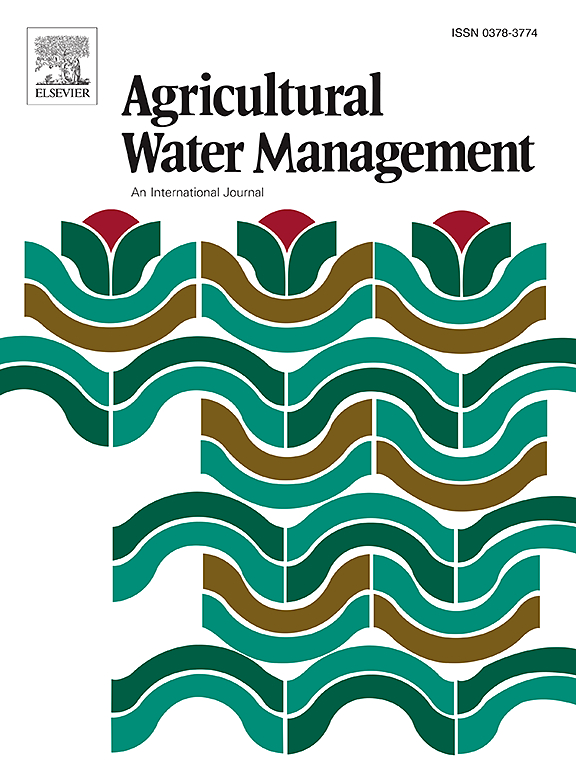Social capital and behavioral response to water scarcity: Sustainable agriculture policies pathways for adopting dry direct-seeded rice
IF 6.5
1区 农林科学
Q1 AGRONOMY
引用次数: 0
Abstract
Farmers play a crucial role in the implementation of sustainable agricultural policies. Their decisions not only directly impact the success of these programs but also contribute significantly to preserving natural resources and protecting the environment. Analyzing farmers’ decisions to shift rice cultivation methods from transplanting in flooded fields to the water-saving and efficient approach of dry direct-seeded rice (DDSR) reveals various influencing factors. Understanding these factors is crucial for identifying the pathways to sustainable agriculture and enabling policymakers and researchers to design more effective and practical programs. In this study, the decision-making process of farmers was analyzed using a combination of two theoretical frameworks: social capital and the theory of planned behavior (TPB). The statistical population comprised all farmers in Shushtar County, located in southwestern Iran, who practice rice cultivation through the flooded method. The results showed that the designed framework was effective, and the research variables explained 75.6 % of farmers' willingness in this regard. The research revealed that social capital elements (social norms, networks, and trust) significantly impacted the key variables in the TPB related to DDSR adoption. The study's conclusions offer valuable perspectives for policymakers seeking to advance sustainable rice production strategies.
社会资本和对水资源短缺的行为反应:采用旱作直接播种水稻的可持续农业政策途径
农民在实施可持续农业政策方面发挥着至关重要的作用。他们的决定不仅直接影响到这些计划的成败,而且还对保护自然资源和环境做出了重要贡献。分析农民决定将水稻种植方法从水田插秧转变为节水高效的旱直播稻(DDSR)的情况,可以发现各种影响因素。了解这些因素对于确定实现可持续农业的途径以及帮助政策制定者和研究人员设计更有效、更实用的计划至关重要。本研究结合社会资本和计划行为理论(TPB)这两个理论框架,对农民的决策过程进行了分析。统计人群包括伊朗西南部舒什塔尔县所有通过水淹法种植水稻的农民。结果表明,所设计的框架是有效的,研究变量解释了 75.6 % 的农民在这方面的意愿。研究表明,社会资本要素(社会规范、网络和信任)对与采用 DDSR 相关的 TPB 关键变量有显著影响。研究结论为寻求推进可持续水稻生产战略的政策制定者提供了宝贵的视角。
本文章由计算机程序翻译,如有差异,请以英文原文为准。
求助全文
约1分钟内获得全文
求助全文
来源期刊

Agricultural Water Management
农林科学-农艺学
CiteScore
12.10
自引率
14.90%
发文量
648
审稿时长
4.9 months
期刊介绍:
Agricultural Water Management publishes papers of international significance relating to the science, economics, and policy of agricultural water management. In all cases, manuscripts must address implications and provide insight regarding agricultural water management.
 求助内容:
求助内容: 应助结果提醒方式:
应助结果提醒方式:


